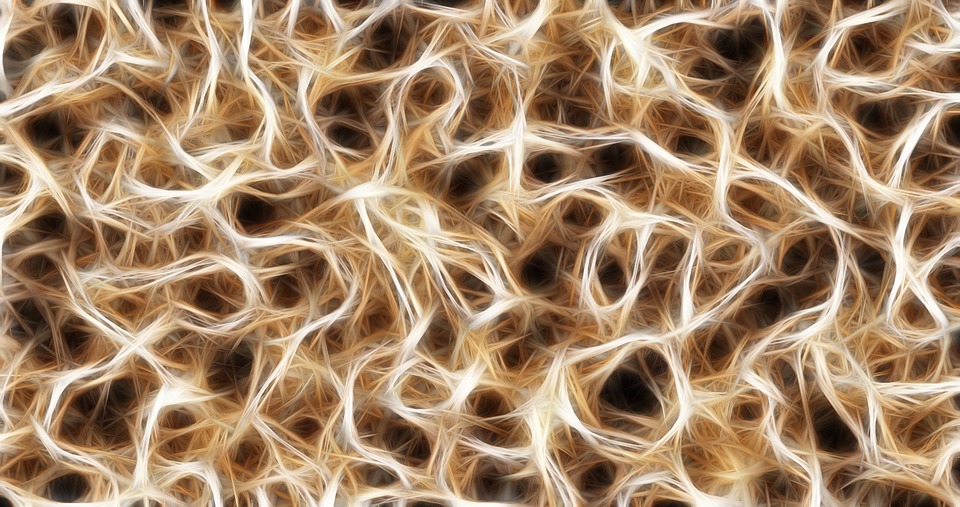
Singapore - In a study in Science, researchers at Albert Einstein College of Medicine, part of Montefiore Medicine, report that certain nerves sustain prostate cancer growth by triggering a switch that causes tumour vessels to proliferate. Their earlier research—which first implicated nerves in fuelling prostate cancer—has prompted Montefiore-Einstein to conduct a pilot study testing whether beta blockers (commonly used for treating hypertension) can kill cancer cells in tumours of men diagnosed with prostate cancer.
"Solid tumours depend on an expanding blood supply to thrive," says study leader Paul Frenette, M.D., professor of medicine and of cell biology and director of the Ruth L. and David S. Gottesman Institute for Stem Cell and Regenerative Medicine Research at Einstein and a member of the NCI-designated Albert Einstein Cancer Centre. "Here we show that nerves stimulate the new blood vessels that encourage prostate tumour growth—and that we can short-circuit nerve stimulation to prevent new vessels from forming. This opens up an entirely new strategy for treating prostate cancer—one that we may be able to pursue using existing drugs."
Prostate cancer is second to skin cancer as the most common cancer in men. The National Cancer Institute estimates that 161,360 new cases of prostate cancer will be diagnosed in 2017, and 26,730 men will die from the disease, accounting for 4.4 percent of all cancer deaths.
In the current study, the researchers used a mouse model of prostate cancer to determine precisely how nerves within connective tissue drive tumor growth. After being released by nerve fibers, norepinephrine binds to receptors on endothelial cells that line the inner surface of blood vessels. The researchers found that the binding of norepinephrine to those receptors triggers an "angio-metabolic switch" that changes how cells metabolize glucose. To make new blood vessels, the endothelial cells—which ordinarily use oxidative phosphorylation to obtain energy from glucose—were now relying almost exclusively on glycolysis. Using glycolysis to metabolize glucose is a phenomenon that had previously been observed in cancer cells.
To confirm norepinephrine's role in triggering this metabolic switch, the researchers deleted a gene in their animal model that codes for norepinephrine's receptor on vessel cells, thereby eliminating norepinephrine's binding target. They then observed that cells lacking the receptor were using oxidative phosphorylation rather than glycolysis. As a result, the formation of new vessels was inhibited.




